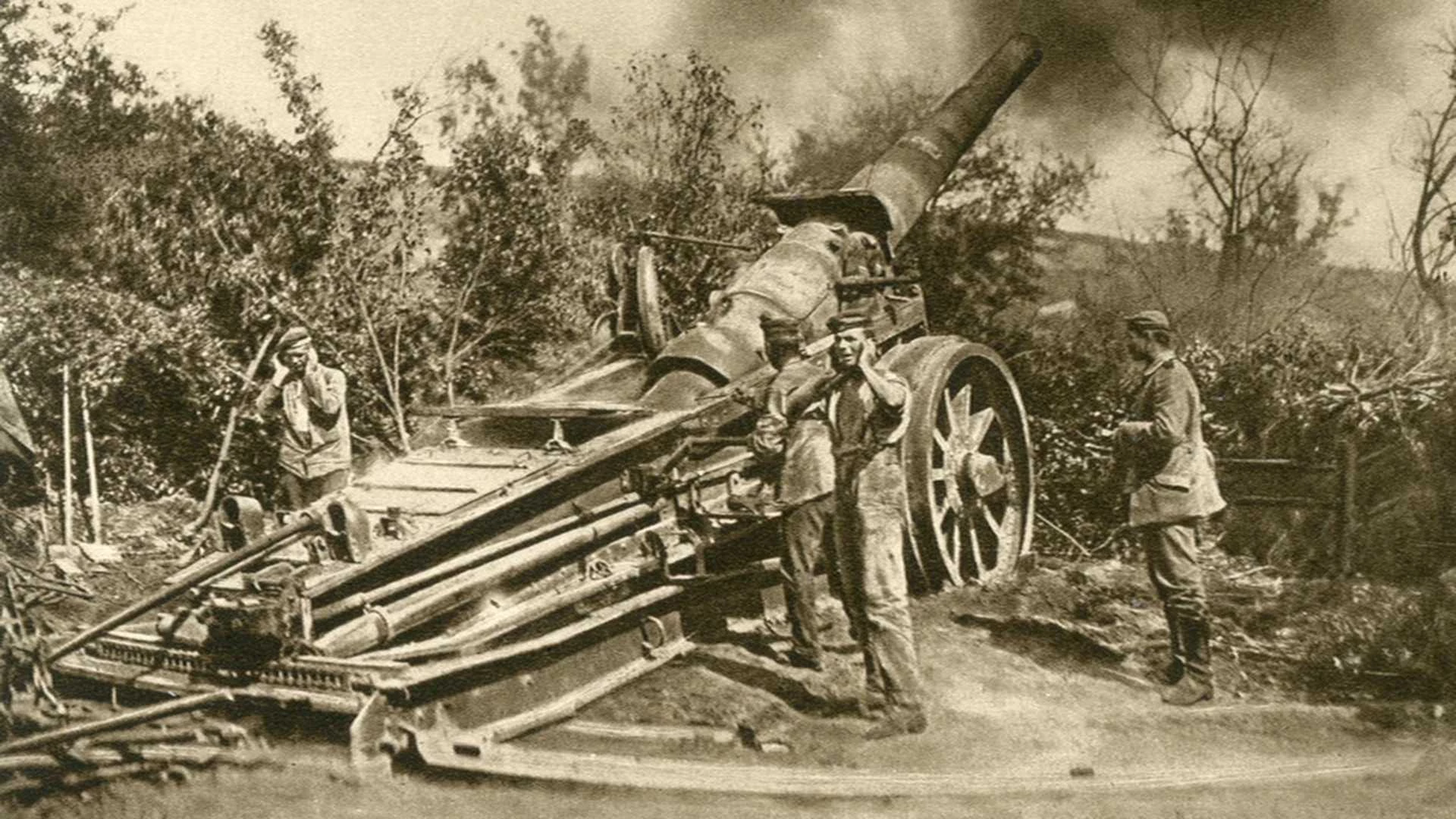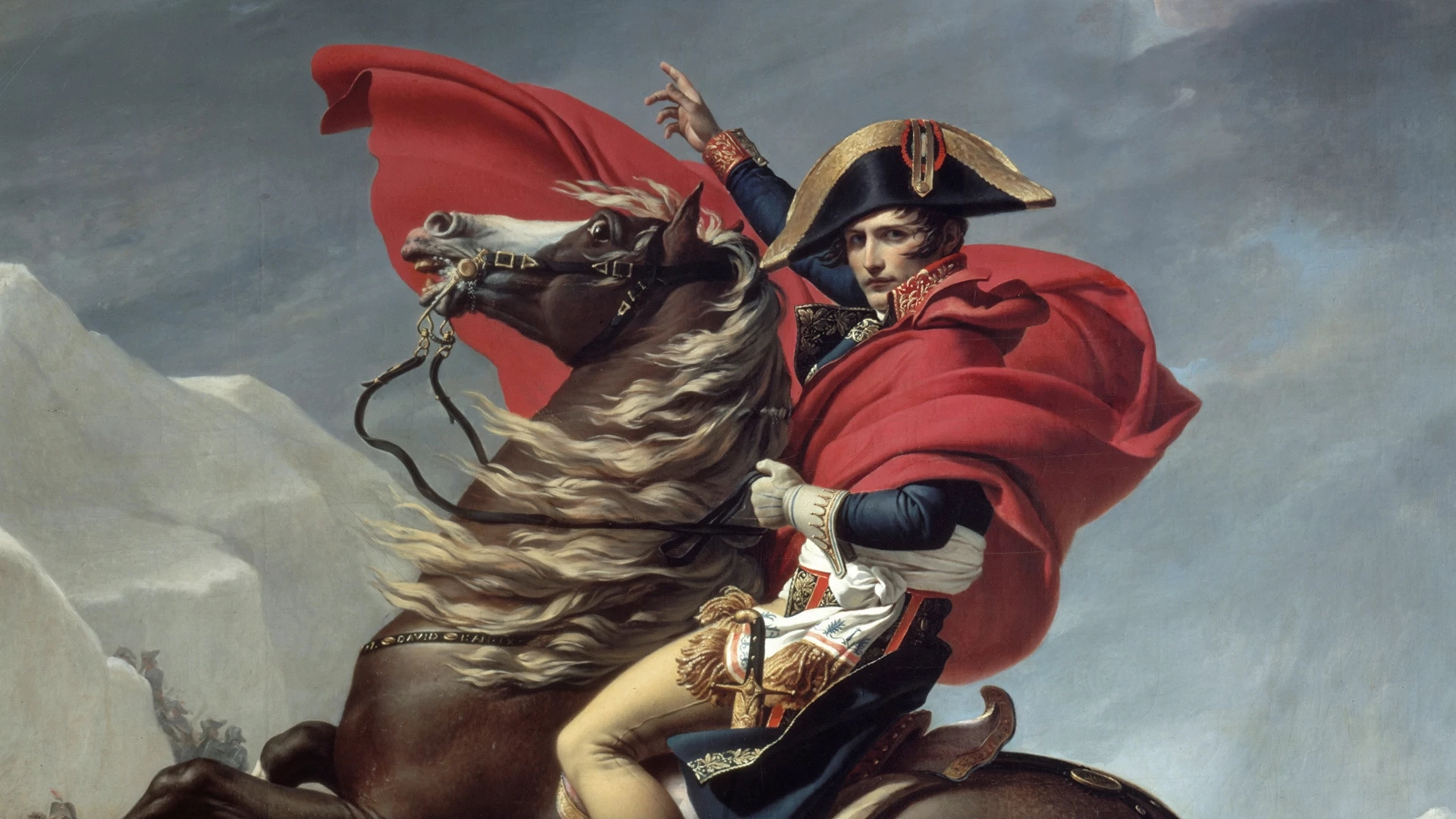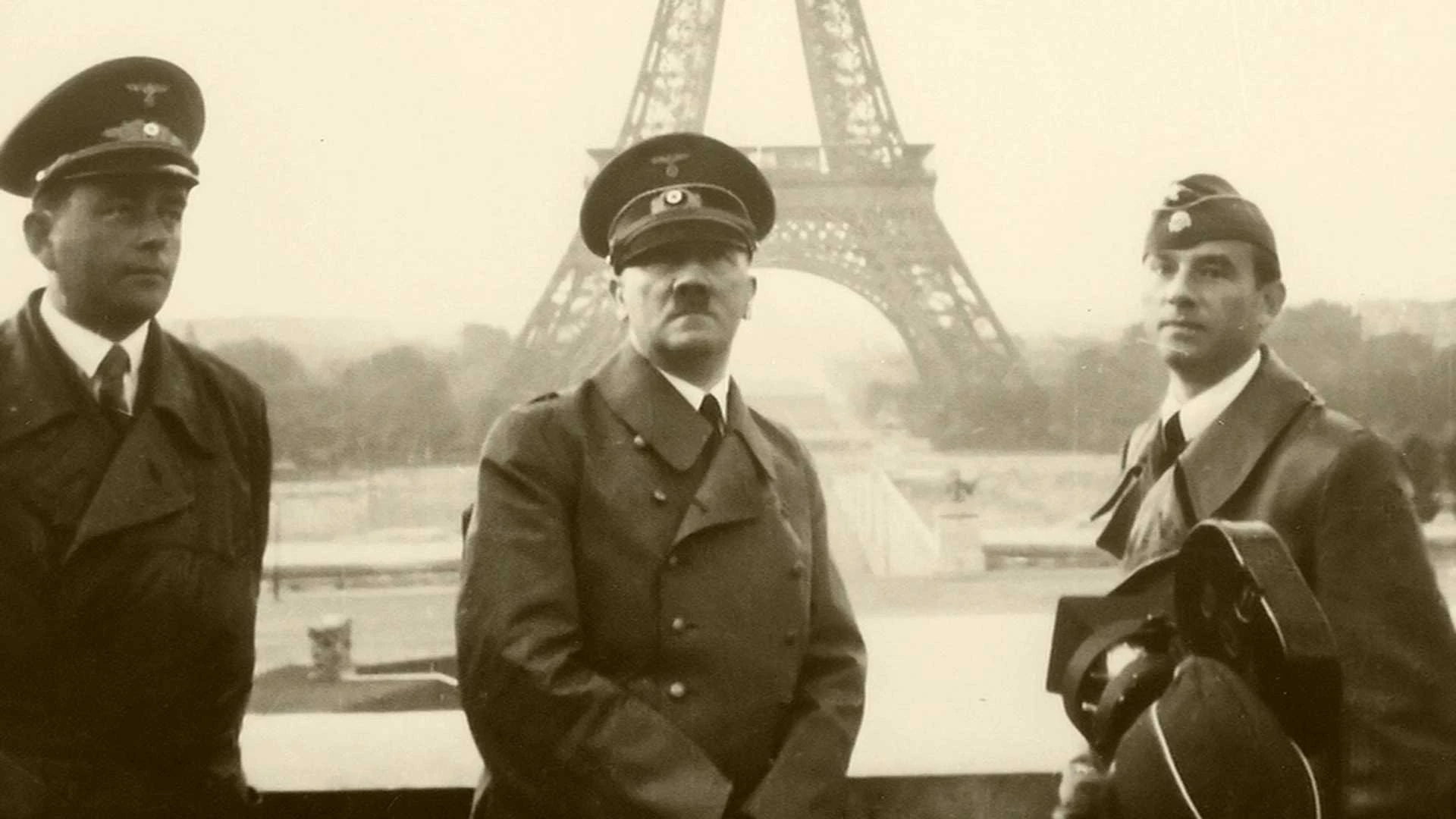Längsschnitt: Krieg
The Second World War 1939-1945
The German invasion of Poland in 1939 marks the beginning of the Second World War. It is characterised by a large number of war crimes in Northern and Western Europe. However, it is carried out even more brutally in the East, where warfare and the Hitler regime’s occupation policy are dominated by the Nazi racial ideology. Starting in 1941, the conquest of "lebensraum" and the exploitation of the occupied territories leads to a cruel war of extermination against the Soviet Union. "Operation Barbarossa" is shaped by excessive violence, terror and mass murder of the Jewish population and communist cadres. People from all over Europe are deported to concentration and extermination camps. Coming to terms with these crimes will keep the Germans occupied until well after 1945. | In this film version, German interviews and historical or literary quotes remain untranslated.
mehr
weniger
First World War, World War One, World War I, defeat, National Socialists, NS-propaganda, Adolf Hitler, revenge, Lebensraum in the East, Soviet Union, Slavs, Jews, racial ideology, master race, sub-human, beings, Bolshevism, Communism, Stalin, Non-Aggression Pact, Poland, war of aggression, war crimes, western campaign, Eastern Front, Operation Barbarossa, war of extermination, prisoners of war, mass murder, partisans, excessive violence, propaganda, jews, SS extermination squads, Wehrmacht soldiers, racial fanaticism, Holocaust, ghettos, concentration camps, extermination camps, Sinti, Roma, political enemies, Allies, USA, America, Great Britain, air raids, home front, Volkssturm, Red Army, flight, expulsion, retribution, Berlin, unconditional surrender, crime against humanity, crimes against international law, Pacific, Japan, Pearl Harbour, unconditional submarine warfare, air war, Hiroshima, Nagasaki, nuclear bombs
Geeignet für die Fächer:
Geschichte


